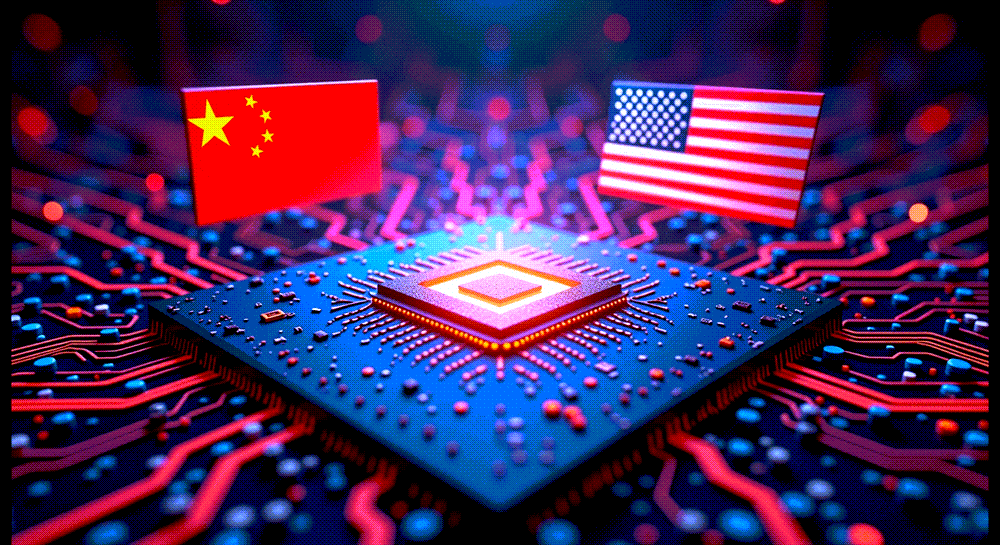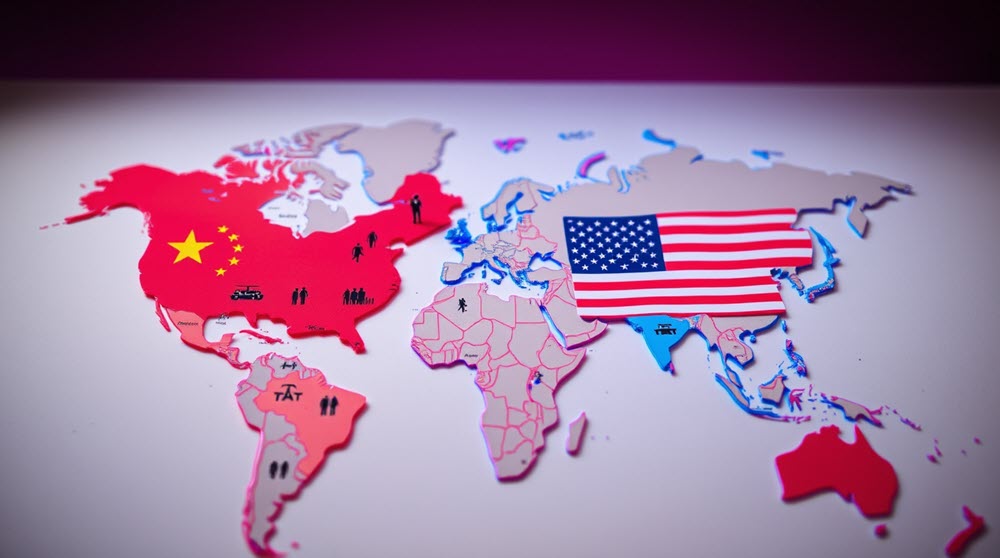U.S. export controls are a critical tool in protecting national security, foreign policy interests, and economic competitiveness. By regulating the transfer of goods, technology, and services to foreign entities, these controls aim to prevent adversaries from accessing sensitive technologies or materials that could pose a risk to the United States and its allies. In this article, we’ll examine the framework …
Geopolitical Risks in U.S.-China Tech Relations: Challenges and Opportunities
The U.S.-China tech rivalry is one of the defining geopolitical conflicts of the 21st century. With both nations competing for technological supremacy, the stakes extend beyond economic competition to issues of national security, global influence, and strategic dominance. From semiconductors to artificial intelligence, the tech industry lies at the heart of this confrontation. This article explores the geopolitical risks in …
How FIRRMA Changed Foreign Investment Oversight
The Foreign Investment Risk Review Modernization Act of 2018 (FIRRMA) marked a significant shift in how the United States reviews foreign investments. As globalization deepens and foreign entities increasingly invest in U.S. critical industries, FIRRMA was designed to address modern national security challenges. It expanded the jurisdiction and powers of the Committee on Foreign Investment in the United States (CFIUS), …
The Role of CFIUS in National Security Decisions: An Overview
The Committee on Foreign Investment in the United States (CFIUS) plays a pivotal role in safeguarding national security by scrutinizing foreign investments in U.S. companies. With technology and data emerging as critical assets, CFIUS has become an essential tool for assessing risks posed by foreign ownership or control in sensitive industries. In this article, we’ll explore the structure and powers …
TikTok Ban and Reinstatement – Broader Legal Implications
The debate surrounding TikTok, one of the world’s most popular social media platforms, transcends user engagement and entertainment. It delves into pressing legal issues, from national security and data privacy to international trade and First Amendment rights. The prospect of a TikTok ban and its subsequent reinstatement raises critical legal questions that could shape the future of tech regulation in …
How International Trade Laws Affect Tech Regulation
The regulation of technology companies has become a focal point of international trade law. With technology driving global commerce and innovation, governments are grappling with how to regulate tech giants while maintaining fair trade practices. The intersection of international trade laws and tech regulation raises critical questions about sovereignty, market access, data privacy, and national security. This article explores how …
What Are Economic Sanctions and Are They Legal?
Governments worldwide and multinational organizations use economic sanctions as their weapon of choice when responding to major geopolitical changes such as terrorism and war. It is usually done in response to state and non-state actors perceived as threats to their interests or those in violation of international norms. Economic sanctions have been used as the go-to tool for the west …
What Happens if China Invades Taiwan?
Taiwan, for all intents and purposes, considers itself an independent nation. The island, which is officially known as the Republic of China (ROC), has been governed separately from mainland China since 1949. On the other hand, the People’s Republic of China (PRC) views Taiwan as a renegade province and considers the region part of its domain. Beijing has vowed to …







